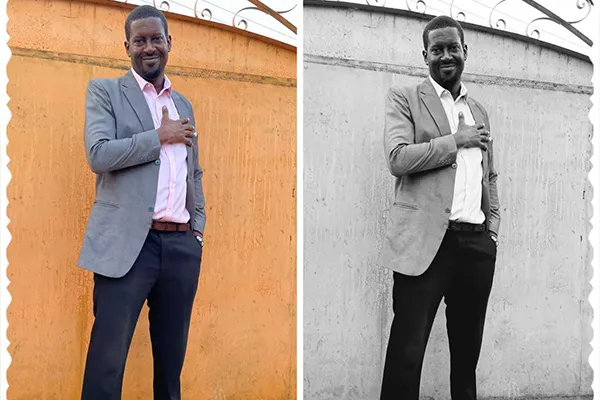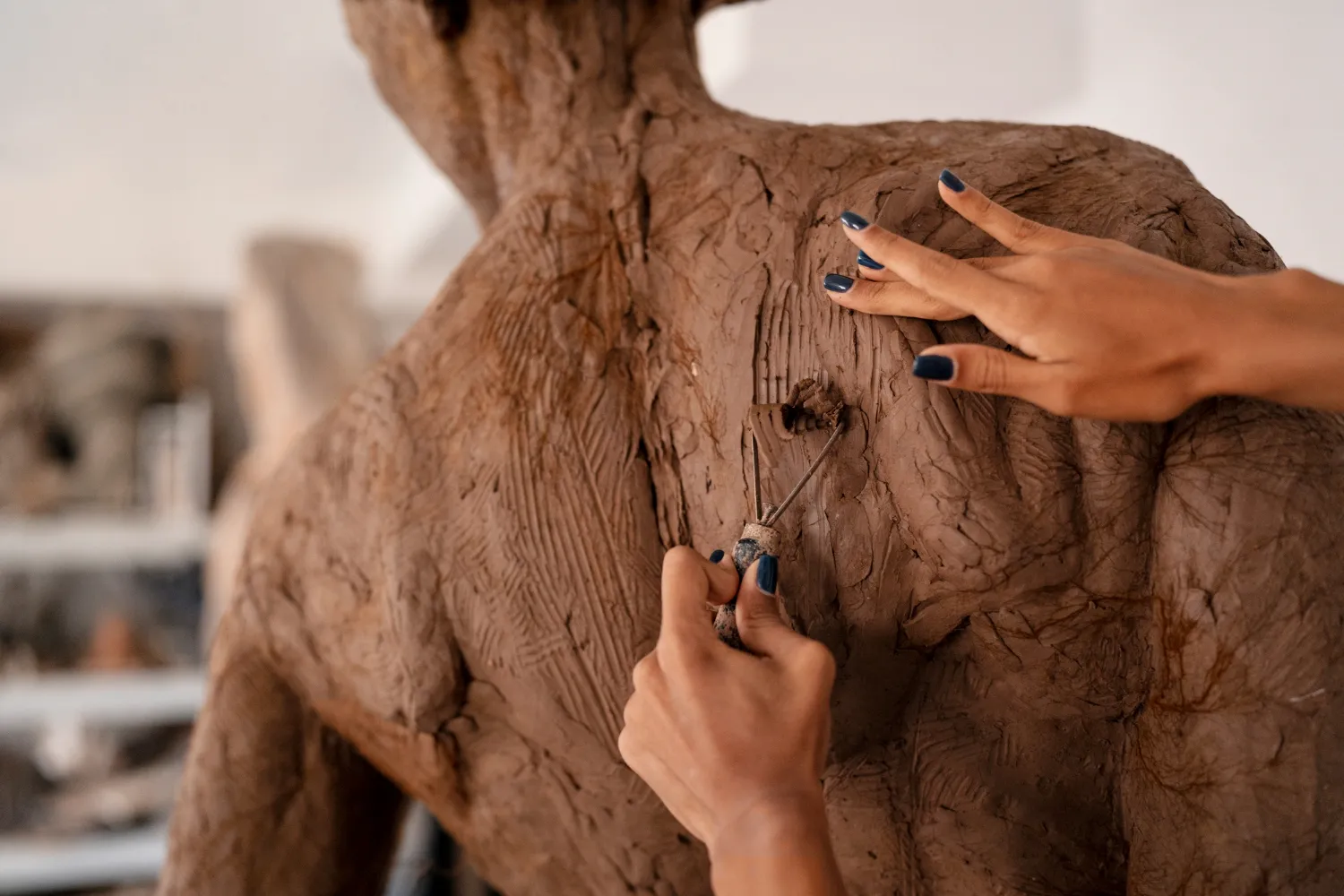Thriving Through Grief: My Blueprint for Healing and Workplace Transformation

In my previous piece, “Unveiling the Layers of Grief: Navigating Mental Health After the Loss of My Father,” I delved into the domino effect of grief, explored triggers like 1st born syndrome, Imposter & Savior Syndrome’s, and concluded with a call to end the silence where speaking about mental health in the workplace is taboo and embrace interventions collectively, and openness to conversations.
Embarking on this new exploration, I transition from the seismic impact of grief to the intentional steps taken to live with and love through it. The journey spans home and workplace, highlighting the interconnectedness of personal and professional spheres in the face of loss.
A key focus is on the stages of grief that emerged during my grief counseling in 2022, shedding light on a transformative journey of self-reflection. Here, we unravel the intricacies of grief and loss, understanding their differences and discovering how they complement each other in the tapestry of healing.
1. Stages of Grief Unveiled:
After becoming aware of my grief, counseling unraveled the stages I had unknowingly traversed. From denial to acceptance, it was a cathartic exploration leading to profound realizations about myself and my relationship with my late father.
2. Concurrent Counseling:
Engaging in both psychiatric and psychological counseling brought unique perspectives. Each session became a compass, navigating me through the labyrinth of emotions. Breakthrough moments included imagining my father’s perspective and conversing with his spirit, offering solace and connection.
3. Transformative Realizations:
Navigating 1st born syndrome, I confronted anxieties rooted in his old-school parenting. Recognizing these triggers post his passing, I embraced the opportunity to redefine fatherhood, integrating his positive influences while forging my own path with my kids, whilst being appreciative of my own father’s efforts despite his humanly faults.
4. Workplace Support and the Power of Communication:
Three years later, disclosing the significance of the day to my workplace upon the third anniversary of his passing, yielded unexpected support. Messages of sympathy, prayer, and genuine interest created a compassionate environment. This experience highlights the need for better workplace policies addressing grief, fostering understanding and empathy. This compassionate workplace environment was key to my increased productivity and happiness at the new job.
5. Encouraging Workplace Transformation:
In the workplace, it is crucial to address grief-related challenges like anxiety and depression. My journey underscores the importance of supportive policies and interventions, urging organizations to move beyond superficial gestures and actively engage in creating healthier work environments. It is possible, I am experiencing such positive workplace leadership and I desire the same for others. Everyone had lost or will lose someone, grief isn’t business as usual, grief and loss must be met with openness and intentional support.
6. Personal Responsibility and Seeking Help:
Individually, managing grief requires openness and vulnerability. My plea is for people, especially men, who are often prone to toxic masculinity, to embrace vulnerability and seek help. Balancing growing responsibilities with the grief process necessitates active self-care and seeking professional assistance.
7. The Global Workplace Landscape:
Mental health challenges in the workplace are a global concern. This piece aims to spark a dialogue on creating safer spaces for vulnerability, emphasizing the need for proactive measures to avoid burnout, isolation, and irritability.
8. Gratitude and Encouragement:
In conclusion, I express gratitude to family, friends, colleagues, and therapists who played pivotal roles. A call echoes to those grappling with grief, especially men, urging them to seek and accept help. Let this be a rallying cry for healthier workplaces globally, where discussions on mental health are not only accepted but actively supported.
This LinkedIn piece serves as a professional testament, challenging societal norms, and fostering environments where vulnerability is not weakness but a crucial step towards healing and resilience.
About the Author: Sunday Ndunguru Kapesi.
Corporate & Microfinance Lawyer, Business Developer, & Gastronomy Tech Entrepreneur. Co-Founder of Jiranileo.com. Founder of; nomadic yoga afrika & ElevateYOU.365. Certified Yoga Instructor, Tennis Coach, & Ultra-marathon Runner. Passionate advocate for mental well-being, emotional wellness & good physical health. Father of three.









